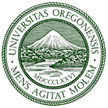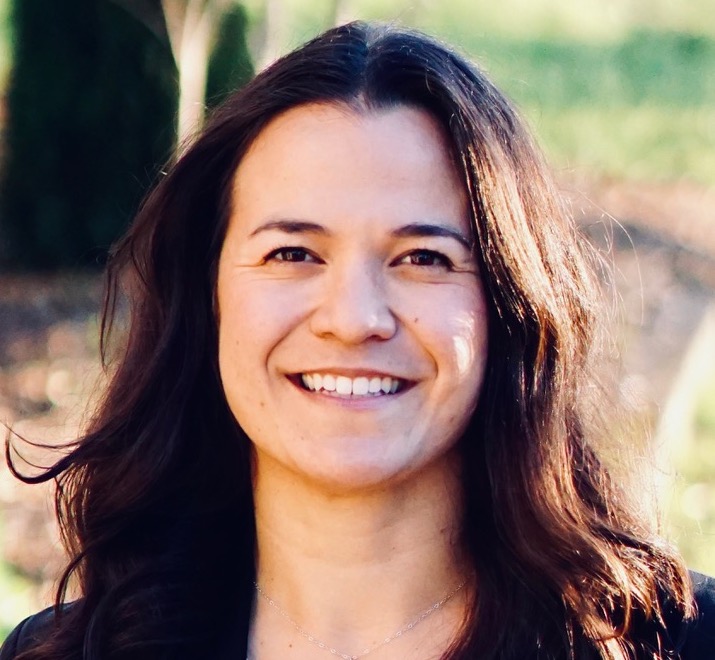
CS 415
Operating Systems
Fall 2023


|
CS 415Operating SystemsFall 2023 |

|
Lecture:
Tuesday/Thursday, 16:00-17:20, September 26 - December 5, 240A McKenzie Hall
Midterm:
Tuesday, October 31 (Halloween!), 16:00-17:20
Final:
Tuesday, December 5, 12:30-14:30
Discussion / Lab:
Instructor:
|
Prof. Allen D. Malony Office: 300 Deschutes Office hours: Monday, 12:00-13:00 / Wednesday, 09:00-10:00 |

|
Teaching Assistants
|
Dewi Yokelson Office hours: Tuesday 1:00-4:00 / Wednesday 2:00-3:00 Location: Price Science Library 1st floor (across the hall from the lab) |

|
|
Alex Summers Office hours: Monday at 1:00-2:00 / Friday from 11:00-12:00 Location: Price Science Library 1st floor (across the hall from the lab) Virtual office hours: Monday at 5:00-6:00 / Wednesday at 4:00-5:00 Location: https://uoregon.zoom.us/j/9684233813 |

|
Canvas (CS 415, Fall 2023)
(https://canvas.uoregon.edu/courses/226806)
Piazza (CS 415)
(???)
Operating systems are undergoing a renaissance of interest within computer science. With the rise of open-source operating systems such as Linux and the BSD distributions, the commodification of operating system functionality through cloud computing, and the new approaches to device management from smartphone and tablet-based operating systems such as Android and Apple iOS, an understanding of operating system fundamentals is perhaps more important than ever. Knowledge of the theory and practice of operating system design is also a fundamental prerequisite for understanding critical systems issues such as networking and security.
This course is an introduction to the theory and practice behind modern computer operating systems. Topics will include what an operating system does (and does not) do, system calls and interfaces, processes, concurrent programming, resource scheduling and management (e.g., CPU, memory, devices), virtual memory, deadlocks, distributed systems and networks, and security. We will approach the subject from both a theoretical perspective (what are the abstractions and algorithms?) as well as a practical one (what are the mechanisms and how are they built?). A detailed list of lecture by lecture contents, assignments, and due dates (subject to change as the term evolves) will be available on the course schedule.
Students are required to follow the university guidelines on academic conduct at all times. The University of Oregon's Student Conduct Code webpage provides information on student academic misconduct, including the rules for cheating and plagiarism. It also discusses the penalties. Students failing to meet these standards will receive sanctions ranging from a zero on the assignment, to a grade of 'F' for the course, to expulsion from the university. The instructor carefully monitors for instances of offenses such as plagiarism and illegal collaboration, so it is very important that students use their best possible judgement in meeting this policy.
Note that students are explicitly forbidden to copy anything off the Internet (e.g., source code, text) for the purposes of completing an assignment or programming project unless otherwise stated by the instructor. Also, students are forbidden from discussing or collaborating on any assignment except where explicitly allowed in writing by the instructor.
All assignments for this course must be done individually. You are encouraged to generally discuss problems with other students, but you may never use another student's solution or code in any way. The use of sources (ideas, quotations, paraphrases) must be properly acknowledged and documented.
If collusion (submission of identical source code) is detected, all individuals involved will receive an F in the course immediately; note that changing the spacing or variable names in an attempt to hide collusion is a known technique and our tools will find it.
If a student is caught submitting code written by someone for hire, not only will that student receive an F in the course immediately; we will actively seek to have that student expelled from the University.
Academic Disruption
In the event of a campus emergency that disrupts academic activities, course requirements, deadlines, and grading percentages are subject to change. Information about changes in this course will be communicated as soon as possible by email, and on Canvas. If we are not able to meet face-to-face, students should immediately log onto Canvas and read any announcements and/or access alternative assignments. Students are also expected to continue coursework as outlined in this syllabus or other instructions on Canvas.
In the event that the instructor of this course has to quarantine, this course may be taught online during that time.
COVID Containment Plan for Classes
As the University of Oregon returns to in-person instruction, the key to keeping our community healthy and safe involves prevention, containment, and support. Here is information critical to how the UO is responding to COVID-19.
Students identified as close contacts of a positive case will be contacted by the Corona Corps Care Team (541-346-2292).
Good Classroom Citizenship
Complete the UO COVID-19 case and contact reporting form if you test positive or are a close contact of someone who tests positive.